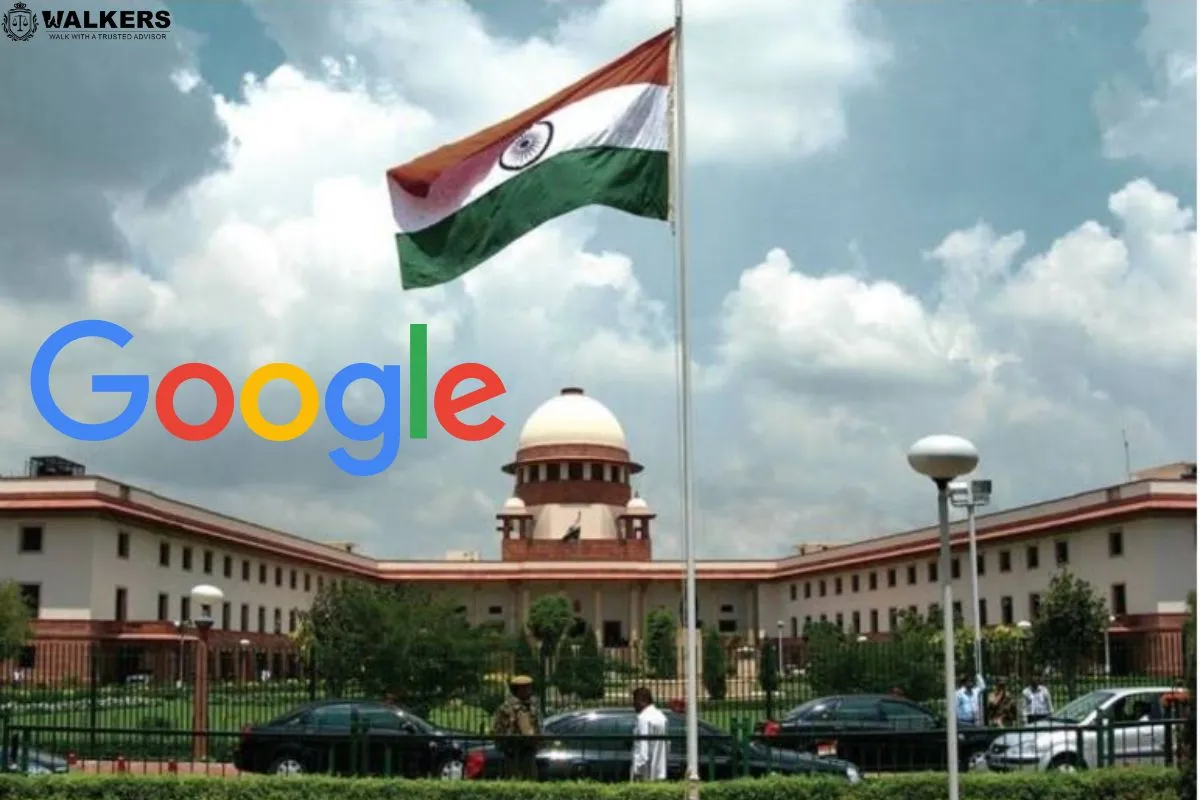


Google has filed an appeal with the Supreme Court challenging the decision of the National Company Law Appellate Tribunal (NCLAT) regarding the penalty imposed on the company by the Competition Commission of India (CCI). The NCLAT had upheld the penalty of ₹1,337.76 crore imposed by the CCI for anti-competitive conduct in the Android ecosystem.
According to a Google spokesperson, the appeal was filed because the NCLAT recognized the need to prove harm for anti-competitive behavior but failed to apply this requirement to several of the CCI's directions that were upheld.
The NCLAT Bench, consisting of Justice Ashok Bhushan and Dr. Alok Srivastava, set aside four key directions issued by the CCI. These directions were mentioned in paragraphs 617.3, 617.7, 617.9, and 617.10 of the CCI order.
The directions stated the following:
Paragraph 617.3: Google must not deny access to its play services APIs to disadvantage Original Equipment Manufacturers (OEMs), app developers, and its competitors.
Paragraph 617.7: Google must not restrict users from uninstalling its pre-installed apps.
Paragraph 617.9: Google must allow app store developers to distribute their app stores through Google Play Store.
Paragraph 617.10: Google must not restrict app developers in any manner from distributing their apps through side-loading.
The NCLAT's detailed order concluded that the CCI's investigation into Google's conduct did not violate principles of natural justice. It also stated that the pre-installation of entire Google Mobile Services (GMS) on Android phones constitutes unfair use.
The Tribunal held that by making the pre-installation of GMS suite conditional to signing agreements with all Android device manufacturers, Google limited the ability and incentive of manufacturers to develop and sell alternative versions of Android and Android Forks, thereby breaching Section 4(2)(b)(ii) of the Act.
In addition to the penalty, the CCI directed Google to cease participating in anti-competitive practices and modify its conduct within a specified timeframe. The Commission issued various directions to Google, including:
- OEMs should not be compelled to pre-install a set of applications and should have the freedom to decide the placement of pre-installed apps on their devices.
- The licensing of Play Store to OEMs should not be linked to the requirement of pre-installing Google search services, Chrome, YouTube, Google Maps, Gmail, or any other app.
- Google must not provide incentives to OEMs for ensuring exclusivity of its search services.
- Google must not incentivize or obligate OEMs against selling smart devices based on Android forks.
- Users should be able to uninstall pre-installed Google apps.
- During the initial device setup, users should have the option to choose their default search engine for all search entry points, with the flexibility to easily set or change the default settings.
TAGS: Supreme Court Google National Company Law Appellate Tribunal (NCLAT) Competition Commission of India (CCI) anti-competitive conduct Android ecosystem penalty appeal harm directions APIs OEMs app developers pre-installed apps app stores side-loading investigation principles of natural justice unfair use Google Mobile Services (GMS) Section 4(2)(b)(ii) of the Act cease and desist modifying conduct Play Store licensing exclusivity default search engine.